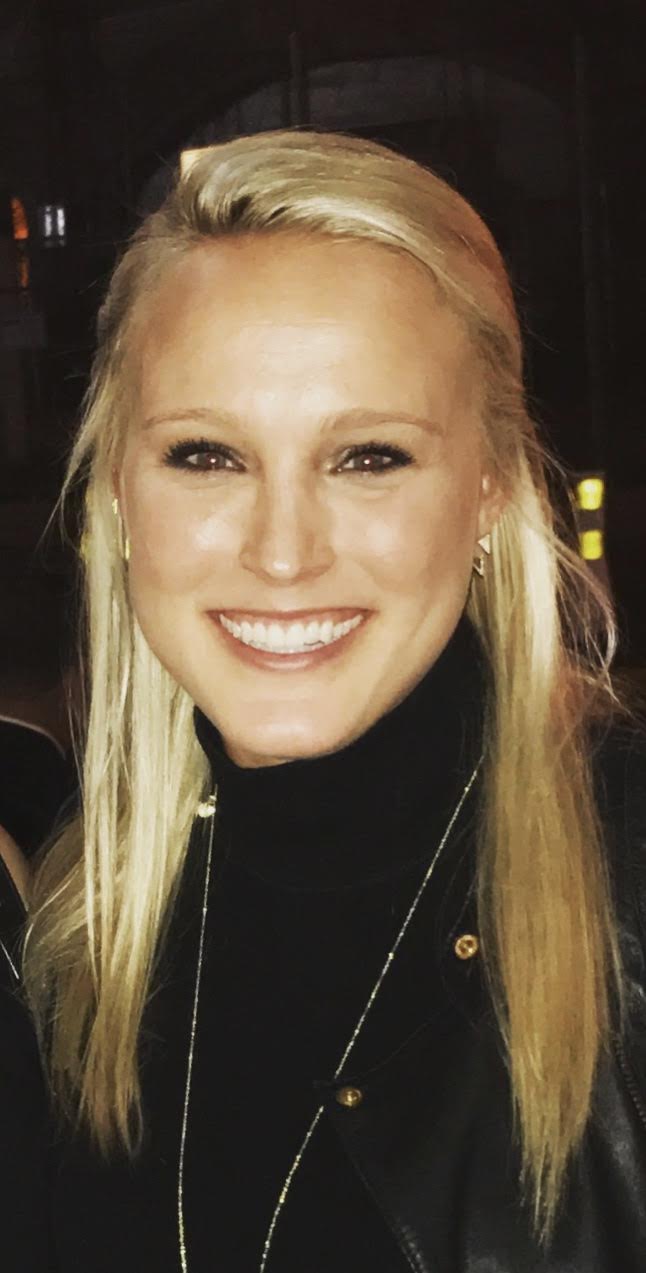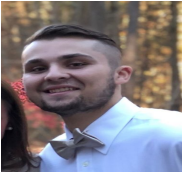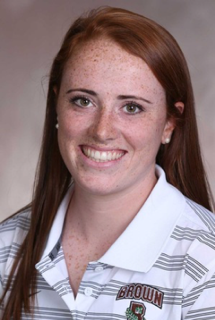THE PERFECT GAME FOUNDATION® sends you all good wishes for this Holiday Season and
shares with you some thoughtful insights from an Advisor and some of out Fellows.
We thank you for you support.
Best Wishes,
The Perfect Game Foundation
____________________________________________________________________
Betsy Nagelsen McCormack
ADVISOR
In her own words
Christmas is my favorite time of the year. It’s the time to celebrate the birth of Christ. It’s the season to singsongs of joy and to bless my family and friends with gifts. Christmas is also the time when I’ve received my greatest “gift.” December is the special month my lovely daughter Maggie was born. It’s been said its “better to give than to receive.” I believe this.
Maggie and I try to practice “giving” every month – not only in December – because so much has been given to us. As a former professional tennis player, I feel it’s my life’s purpose to “give” back to the game of tennis. I do this through my training facility, R&B Tennis, located in Wellington, FL. We try to prepare young and aspiring players for careers in professional tennis and equally important, for the game of life. I’m thrilled to be part of The Perfect Game Foundation and its work.
____________________________________________________________________
Mallory Cecil
FELLOW
In her own words
Playing a sport and working in the Business of Sports are two very different experiences.
Having played tennis collegiately and professionally, I knew that I wanted to start
my career in the Sports Industry, but I did not have a clue where to start.
I was first introduced to the Perfect Game Foundation as a junior in college, when
I was starting to consider career opportunities. Seven years later, and into my
career, TPGF is still my most valuable resource when I am seeking career mentorship
and networking. The wealth of knowledge and genuine desire to help young professionals
succeed is what I love most about this foundation, and why I am proud to be a part
of it. I have also had the privilege to speak with upcoming/recent graduates who
are looking for the same kind of mentorship and insight I was seeking when I was
in their position. I currently work in Operations for the Women’s Tennis Association
(WTA), and my intern at the moment, is a young lady that I was connected with through
the foundation. The quality of talent that comes through the program speaks for
itself. The Perfect Game Foundation is one that keeps on giving.
____________________________________________________________________
Liam Gibney
FELLOW
In his own words
Ever since I was old enough to understand the complexities of the sports industry,
I have been fascinated with it. Since I was young, it has been my goal to work in
sports because I have always been told that there is nothing better than loving
what you do for a living. The Perfect Game Foundation has aided me by giving me
a crucial push in the right direction in gaining both experience and exposure within
the sporting world.
Through the Perfect Game Foundation, I was able to take on an internship at Columbia
University in the Sports Management Graduate Program. I worked for the office of
Vince Gennaro, who is the Dean and Director of the program. Gennaro is the President
of The Society of American Baseball Research (SABR), and the author of Diamond Dollars:
The Economics of Winning in Baseball. My experience at Columbia helped me to not
only develop my skill set within the sports industry and to experience a professional
office environment but also helped me to begin developing a network of relationships
with professionals and graduate students in the field of sports business from whom
I can learn as I progress.
This holiday season, I wish to stress the importance of what it means to have a
family and that we should never take it granted. My family has given me more than
I could ever ask for, but most importantly they have given me unconditional love
and support. That is something that no one could ever put a price tag on, and it
is something that I owe everything to. That is why this holiday season I ask that
when you get together with your family, make sure that you remind them that you
love them and that you are thankful for everything that they do.
____________________________________________________________________
Max Gaitan
FELLOW
In his own words

Sport and exercise is central to my life, both personally and professionally. My
passion for endurance sports led me to complete a Master’s in Exercise Physiology.
Starting in January, I will be taking my sport and exercise skills off the field
and into the research lab, where I’ll study the impact of exercise on Alzheimer’s
Disease.
This Holiday Season I’m especially grateful for the work of The Perfect Game Foundation,
which has vastly expanded my professional network. My involvement with the Foundation
will undoubtedly impact my career path for years to come, as I’ve been given the
opportunity to meet individuals from all corners of the sport industry. Everyone
I’ve encountered through the Foundation embodies the ideals of giving and service
to others, and I hope that in this Holiday Season and New Year we all continue to
grow in these ideals.
____________________________________________________________________
Mollie Lane
FELLOW
In her own words
Wishing you and yours a healthy, happy, fulfilling Holiday Season!
After graduating this past May from Brown University, I now work as a Junior Associate in the healthcare practice at Weber Shandwick. Over the past summer, Del and The Perfect Game Foundation were key in helping me navigate my career path. As a former collegiate Division I lacrosse player and all-around sports enthusiast, I knew that the sports business industry fascinated me. Del helped me to narrow my interests, network with other professionals in the field, apply and for various positions, prepare for interviews, and set myself up for success. While I did not end up in sport business, I learned that it’s critical to take advantage of all networking opportunities and be a sponge for learning. There is something that you can take away from each and every conversation, even if it doesn’t seem like something that interests you. And finally, don’t burn any bridges and build a rapport with everyone!




